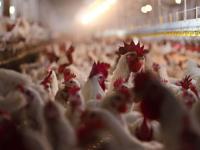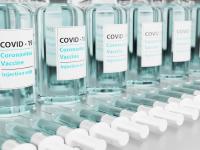CORONAVIRUS VACCINE! Why we might not get a coronavirus vaccine soon
By Lokmat English Desk | Published: May 26, 2020 06:48 PM2020-05-26T18:48:45+5:302020-05-26T18:48:45+5:30

It would be hard to overstate the importance of developing a vaccine to Sars-CoV-2 – it’s seen as the fast track to a return to normal life.
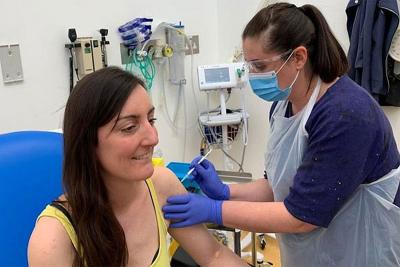
That’s why the health secretary, Matt Hancock, said the UK was “throwing everything at it”.
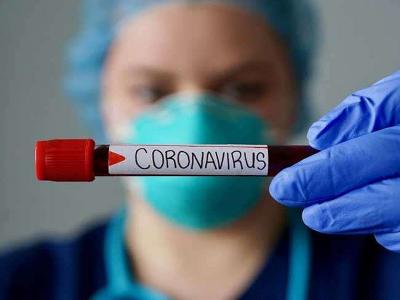
But while trials have been launched and manufacturing deals already signed – Oxford University is now recruiting 10,000 volunteers for the next phase of its research – ministers and their advisers have become noticeably more cautious in recent days.
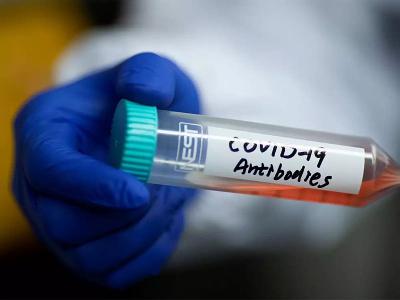
Earlier this week, England’s deputy chief medical officer Jonathan Van-Tam said the words nobody wanted to hear: “We can’t be sure we will get a vaccine.”
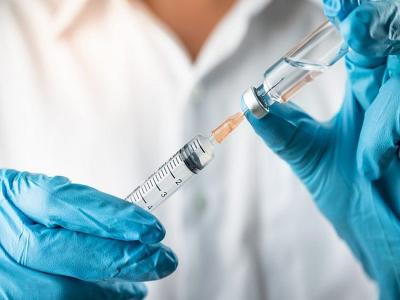
Vaccines are simple in principle but complex in practice. The ideal vaccine protects against infection, prevents its spread, and does so safely. But none of this is easily achieved, as vaccine timelines show.
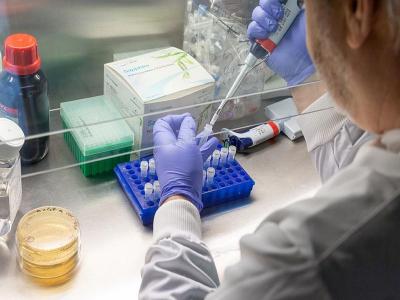
More than 30 years after scientists isolated HIV, the virus that causes Aids, we have no vaccine. The dengue fever virus was identified in 1943, but the first vaccine was approved only last year, and even then amid concerns it made the infection worse in some people.
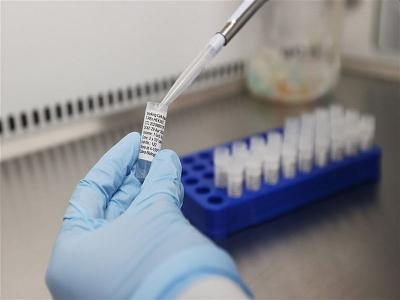
Scientists have worked on coronavirus vaccines before, so are not starting from scratch. Two coronaviruses have caused lethal outbreaks before, namely Sars and Mers, and vaccine research went ahead for both.
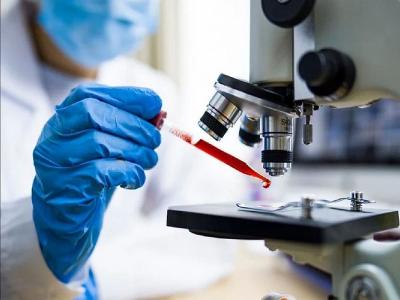
But none have been licensed, partly because Sars fizzled out and Mers is regional to the Middle East. The lessons learned will help scientists create a vaccine for Sars-CoV-2, but there is still an awful lot to learn about the virus.
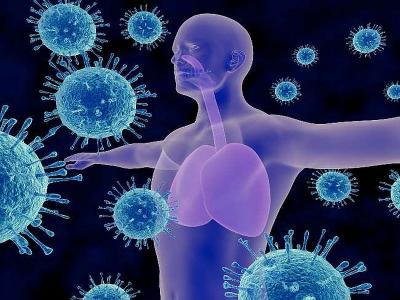
Researchers at Oxford University recently analysed blood from recovered Covid-19 patients and found that levels of IgG antibodies – those responsible for longer-lasting immunity – rose steeply in the first month of infection but then began to fall again.
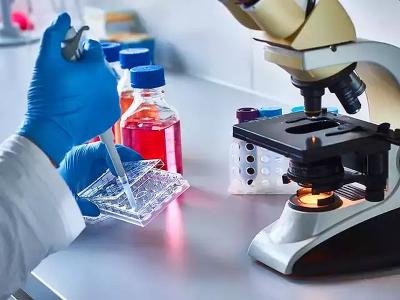
Last week, scientists at Rockefeller University in New York found that most people who recovered from Covid-19 without going into hospital did not make many killer antibodies against the virus.
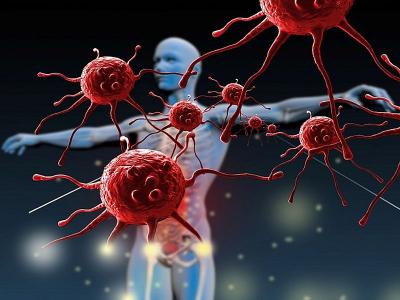
“That’s what is particularly challenging,” says Stanley Perlman, a veteran coronavirus researcher at the University of Iowa. “If the natural infection doesn’t give you that much immunity except when it’s a severe infection, what will a vaccine do? It could be better, but we don’t know.” If a vaccine only protects for a year, the virus will be with us for some time.




















